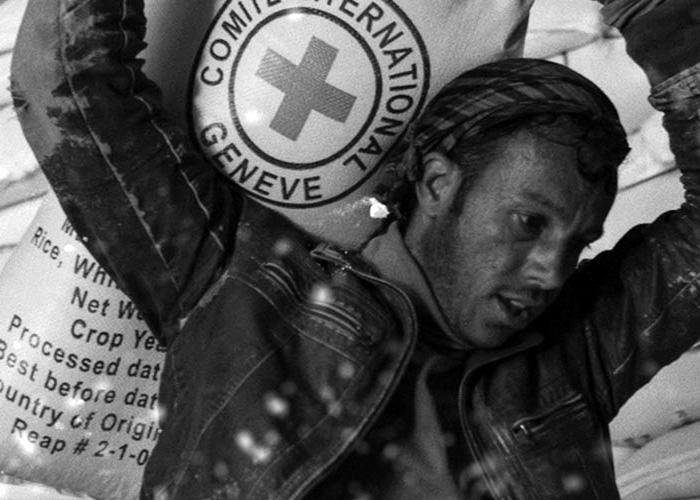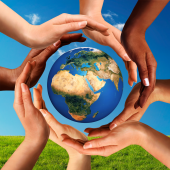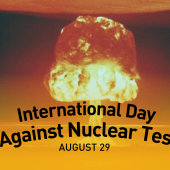World Humanitarian Day (August 19)

World Humanitarian Day is held every year on August 19 to pay tribute to aid workers who risk their lives in humanitarian service, and to rally support for people affected by crises around the world.
It was established after the August 19, 2003, terrorist attack on the United Nations headquarters in Baghdad that killed 22 people.
Among those who lost their lives was Sergio Vieira de Mello, the UN’s top representative in Iraq.
Five years later, the General Assembly adopted a resolution designating August 19 as World Humanitarian Day.
Every year since then, the humanitarian community has organized global campaigns to commemorate World Humanitarian Day, advocating for the safety and security of humanitarian aid workers, and for the survival, well-being and dignity of people affected by crises.
Humanitarian aid workers are some of the most heroic and honorable people alive, putting themselves in harm's way by journeying to conflict zones and disaster areas to help relieve the suffering of strangers.
Notwithstanding this great work, these workers are seldom recognized publicly, sometimes for their own safety.
The World Humanitarian Day is a sobering reminder of how many lives have been lost in the name of this valiant cause, as well as a celebration of the workers presently doing this necessary but often, dangerous work.
As a profession, a “humanitarian aid worker” isn’t an extremely popular occupation. Merely put, there can never be adequate humanitarian aid workers out there.
Yearly, millions of people need humanitarian assistance as a result of disasters both natural and man made.
The World Humanitarian Day reminds us of the increasing need for humanitarian workers who can give generously of their time.
A big part of World Humanitarian Day is taking importance to the need for international cooperation on humanitarian matters.
Humanitarian aid workers might be assisting people in their home countries, or they might be dispatched to aid those in need elsewhere.
International cooperation is crucial to maintaining the protection of humanitarian aid workers while enabling them to help those who suffer.
Radio Veritas Asia (RVA), a media platform of the Catholic Church, aims to share Christ. RVA started in 1969 as a continental Catholic radio station to serve Asian countries in their respective local language, thus earning the tag “the Voice of Asian Christianity.” Responding to the emerging context, RVA embraced media platforms to connect with the global Asian audience via its 21 language websites and various social media platforms.













